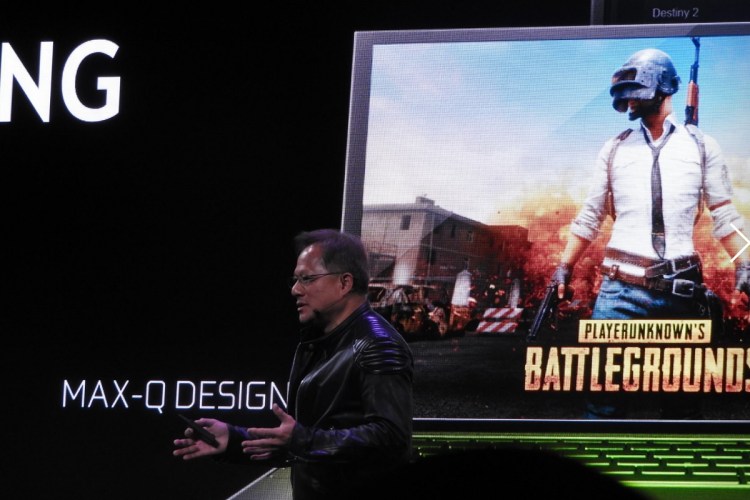Volkswagen, Uber, Baidu and a raft of other companies today announced commitments to use Nvidia’s processors to bring autonomous capabilities to the vehicles they build and operate. It’s another win for the chipmaker, which is delivering hardware that already powers intelligent vehicles for other car manufacturers.
These customer wins are important as Nvidia competes with chipmakers like Intel to capture the growing autonomous vehicle and autonomous taxi market segment. The news comes as part of the company’s raft of announcements at this year’s Consumer Electronics Show, where it has also unveiled a new system-on-a-chip that’s supposed to improve and accelerate AI processing inside a car.
In Uber’s case, using Nvidia hardware is nothing new. The ride-hailing company’s self-driving car fleet is primarily composed of Volvo XC90s, SUVs with Nvidia processors built into them. But this partnership shows that the two companies plan to work together in the future on those applications, though Uber is under no obligation to keep the relationship exclusive.
Volkswagen’s involvement with Nvidia is somewhat less clear at this point. The German carmaker says that it will be using Nvidia hardware and software to create features that assist drivers of its cars with information from sensor data both inside and outside the vehicle. What form those features take is still up in the air, but that work is part of Volkswagen’s eventual deployment of self-driving capabilities in future vehicles.
June 5th: The AI Audit in NYC
Join us next week in NYC to engage with top executive leaders, delving into strategies for auditing AI models to ensure fairness, optimal performance, and ethical compliance across diverse organizations. Secure your attendance for this exclusive invite-only event.
Aurora — a startup founded by autonomous car luminaries that’s working to provide systems for carmakers like Volkswagen — will also use Nvidia’s technology for its products going forward.
Baidu and ZF will use Nvidia’s Drive AV software to create autonomous cars for use in Chinese, something that will help carmakers bring their autonomous vehicles to that market. China is a huge potential market for such cars, and making sure that carmakers don’t have to remake their self-driving car stacks in order to sell there is important.
“Every car has to be China-compatible,” Nvidia CEO Jensen Huang said during his company’s keynote presentation at the Consumer Electronics Show in Las Vegas today.


